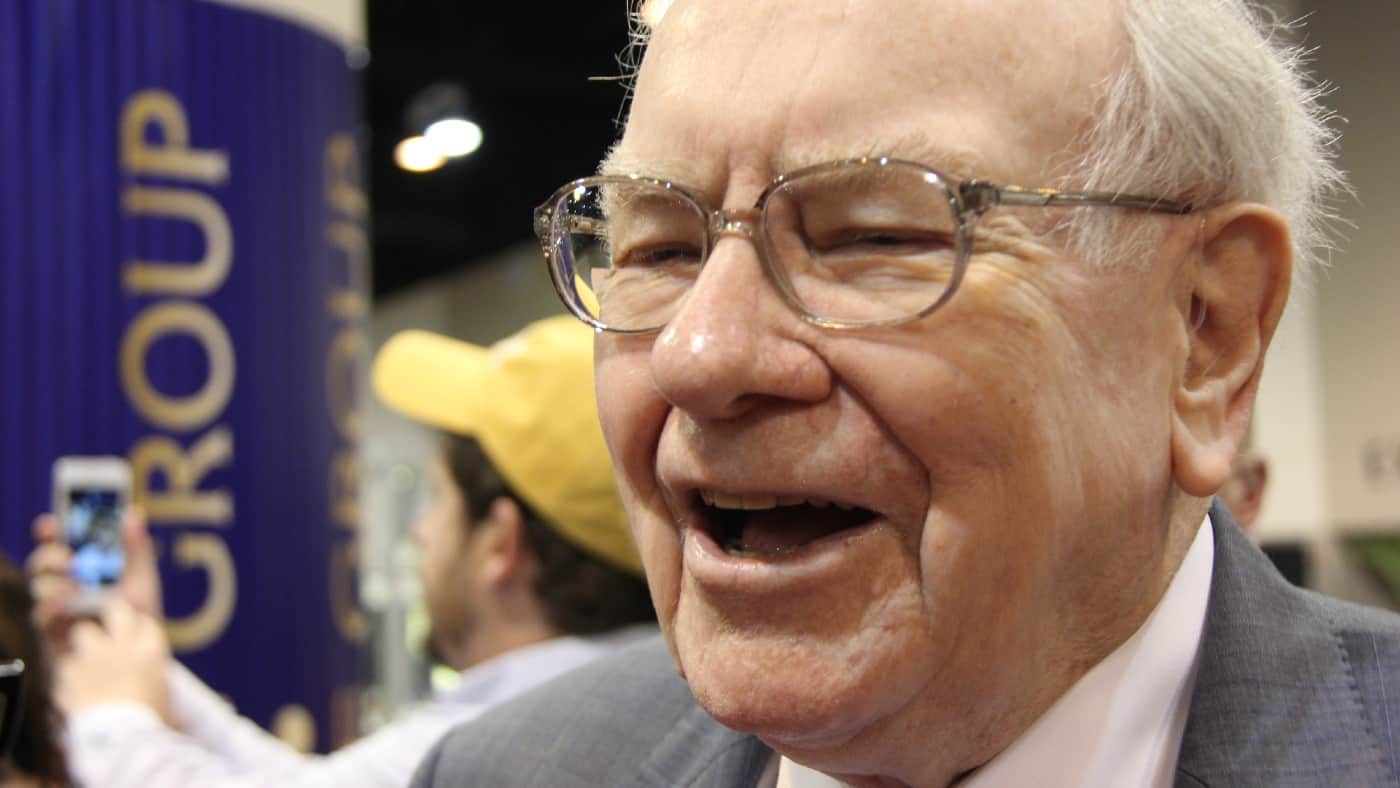Warren Buffett is widely considered to be the world’s greatest investor. And he did not get there by accident.
Over the past eight decades, he has developed and followed a strict set of rules, which have enabled him to navigate different market environments and prevent significant losses. I am following some of these rules in my own investing journey.
There are three critical Buffett rules I believe have been instrumental in helping me navigate to different market environments over the past couple of years.
Passive income stocks: our picks
Do you like the idea of dividend income?
The prospect of investing in a company just once, then sitting back and watching as it potentially pays a dividend out over and over?
If you’re excited by the thought of regular passive income payments, as well as the potential for significant growth on your initial investment…
Then we think you’ll want to see this report inside Motley Fool Share Advisor — ‘5 Essential Stocks For Passive Income Seekers’.
What’s more, today we’re giving away one of these stock picks, absolutely free!
Warren Buffett rules
The first is to only invest in companies that have substantial competitive advantages. These corporations can navigate challenging environments better than peers without such advantages. For example, a company with pricing power will be able to put up prices if costs rise significantly. Not all businesses have these advantages.
Another Buffett tip I have incorporated into my investment style is to avoid businesses with weak balance sheets. Companies that take on a lot of debt can look clever, but the story can unwind quickly if interest rates rise significantly or profits fall.
The easiest way to get around this issue is to avoid indebted companies altogether.
The third piece of advice I have learned from the billionaire investor is to focus on the long term.
Keeping an eye on share prices on a daily basis does not really do anything to improve investment returns. But it can have a significant psychological impact. Instead of watching the market daily, I take a long-term view and assess how a company will perform over the next few years.
High-quality companies
One of my favourite investments in the current market is the utility company National Grid. This ticks all of the boxes of a potential Buffett investment. I would buy the stock for my portfolio as a long-term buy.
It has a solid competitive advantage because it owns most of the electricity infrastructure in England. It also has a robust balance sheet. These qualities should help the business navigate whatever the world throws at it over the next five to 10 years.
That said, it is likely to face some regulatory challenges. Additional regulations are probably the most significant risks to National Grid’s growth as we advance.
Another company I believe ticks all of the boxes of a potential Buffett investment is the distribution group Bunzl. This business has strong economies of scale, which act as a substantial competitive advantage.
It also has a robust balance sheet. What’s more, the distribution industry is not going anywhere any time soon. That implies the company has tremendous potential over the next couple of years to capitalise on the industry’s growth.
Some challenges it could face are competitive forces and additional costs, which could impact its razor-thin profit margins.
Despite these headwinds, I would buy the company for my portfolio as I believe it is the perfect Buffett-style investment I like to acquire.








